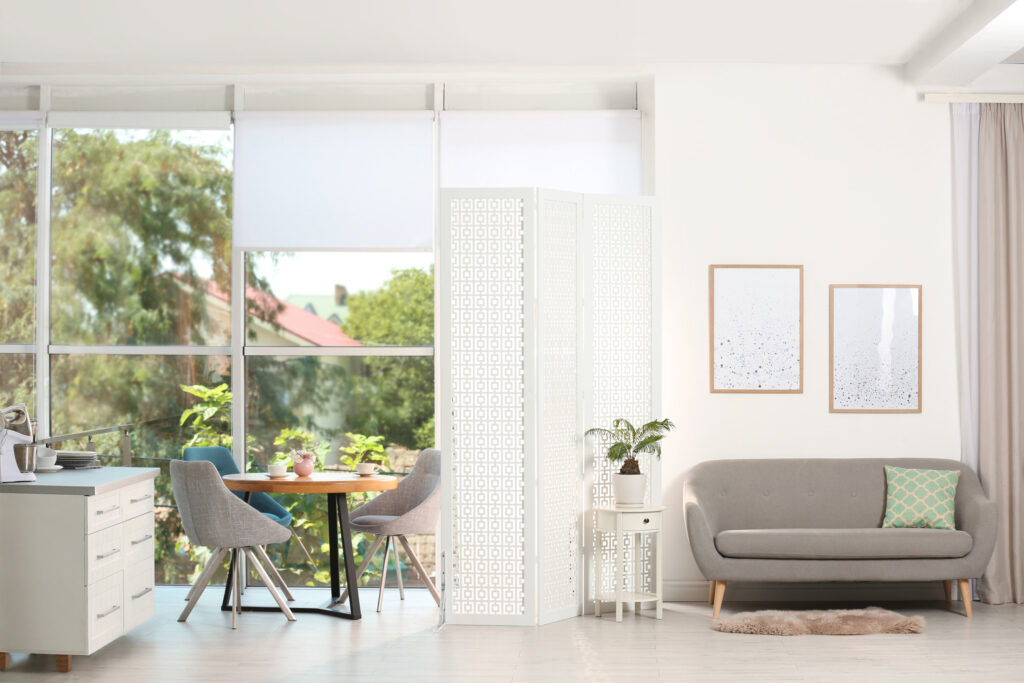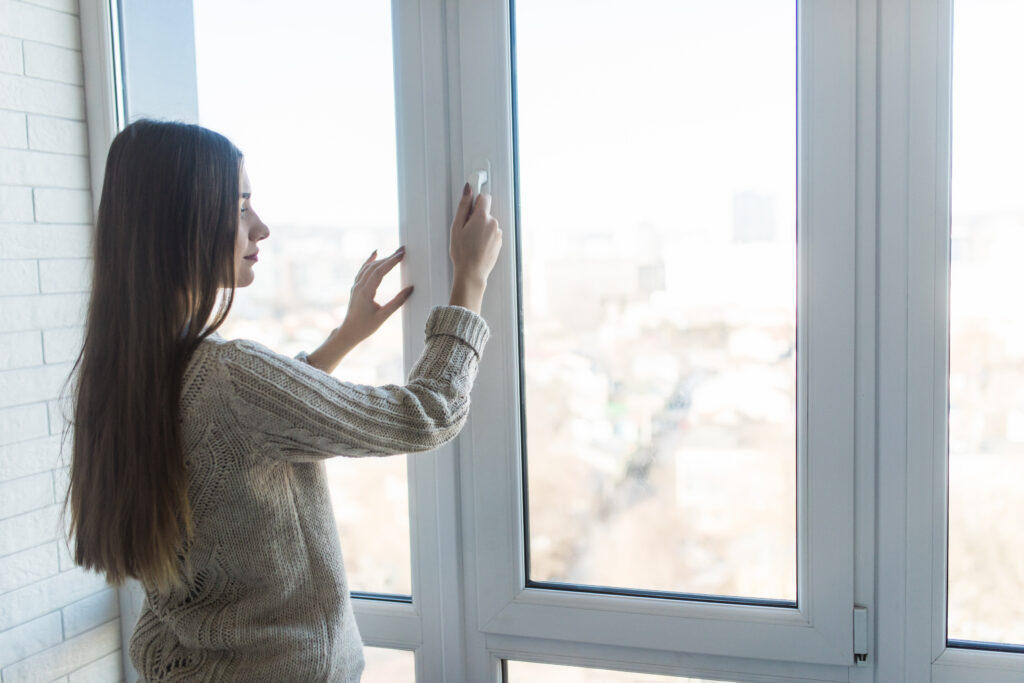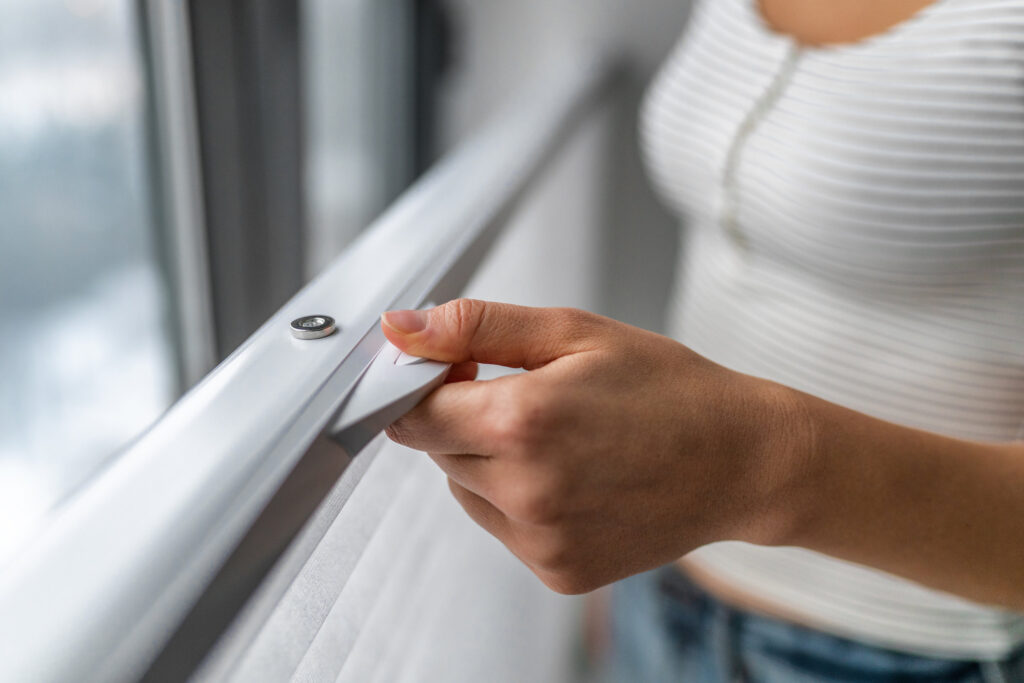
When you get to the point that you start projects for home improvement, the possibilities that arise become endless. Yes, there are numerous DIY projects that you can do yourself because they are more accessible, but we all know that return on investment is essential for pricier projects.
If you are a UK resident and want to learn all about whether window replacement can add value to your home, you should follow our list of FAQs on that topic. We’ll provide in-depth answers for each, hoping to help conclude faster on how important window replacement is for adding value.
In its very essence, window replacement boosts the appearance of a house. Some custom-made windows can change the architecture of a house as they look better and shed more natural light on your rooms.
As we now can purchase windows with solar blockers, low-E glass, and UV glass, we can even talk about increasing energy efficiency in our home. This info is a hint that some windows rather than others can decrease our energy costs.
Does that, however, add value to our house? Let’s take a closer look.
Do new windows add value to houses in the UK?
Taking all the reasons for replacing windows in your house into account leads us to consider its benefits that will provide pros for your wallet, environment, and overall comfort. If you have reached a point that you want to sell your home in a couple of years, consider the following:
- New windows will make your house stand out on the crowded market;
- New windows can help you sell your house for a higher price, i.e., increase its value;
How exactly?
How much value do new windows add in the UK?
Replacing the windows of your house in the UK can help you save money, whether you’re planning on selling it or not. We’ve already mentioned that they can cut the cost of energy bills and prevent energy from getting wasted.
As a result, you’ll spend less on cooling and heating equipment. This may come as a surprise, but the cooling and heating costs are more than 40% of your yearly budget. The money that will stay in your pockets if you replace your windows with energy-saving ones in the UK will be as follows:
- Each single-pane window that gets replaced with an energy-saving one will save you between $101 and $583 every year;
- Each double-pane window that gets replaced will save you between $27 and $197 each year;
- Decreasing the carbon dioxide emission with energy-saving windows will play a role in protecting the climate with a worth that’s somewhere between 26 and 6,205 pounds;
To answer the question of whether window replacement can increase the value of your house bluntly – yes, it can boost the value of your house tremendously. Replacing the windows of your house falls under the category of the top ten home improvements that increase value.
For example, if the cost of replacing all the windows in your house turns out to be $15,000, the value of your house will increase by approximately $11,000. When we think about the return on investment here, that’s around 74%, which you shouldn’t neglect.
Is it worth replacing windows before selling a house in the UK?
In short, yes, it’s worth replacing your windows before you sell a house in the UK. Now would be convenient to mention double glazing to you that can come with some very convenient economic benefits.
Double glazing can increase the economic value of your house rather than just decrease your economic costs. If the windows of your home are single-glazed, and you want to sell your house in the UK, you might have some difficulty in achieving it.
Most potential buyers require that their future hose has double-glazed windows. As there is a massive choice of houses on the market today, most of which already have double glazing, your single-glazed windows house may have no chance.
Buyers hate to change the windows of a house and invest in them, mainly because double-glazing window houses are abundant. If you want your home to have a higher demand on the market, you should replace your windows with double-glazed ones before selling the house.
Higher demand for your house on the market means that your home has a higher value. Double glazing can be either A-rated or D-rated. If you want to impress a buyer, we suggest that you choose A-rated double glazing to stay ahead of the game.
Repair or replace? Which is better when selling a home?
On average, residential windows can last up to 20 years. When you maintain them well, they can even last longer (repeated sealing and painting). However, sometimes, your windows get to a point where they have to be replaced.
If you are about to sell your house in the UK and are wondering whether or not to replace your windows to sell your home for a higher value, you should consider the following signs. If your windows show any of the four signs we’ll list below, you should replace them.
- Condensation between the panes – if you have double-paned windows in your house and you see moisture building up between them, it usually means that the seal is broken. A broken seal allows condensation to attach to the inner sides of your outside pane;
- Sticky windows – wet weather can cause your windows to become sticky. Unless any of them is painted shut, you should consider replacing them before selling your house the moment you notice stickiness;
- Larger energy bills and draft – if you see the curtains moving even though your windows are fully closed, that’s draft. Energy bills can rise in the percentage between 10 and 20 because your cooling and heating elements will work constantly;
- Rot – the moment you notice softness, bending, or discoloration of your windows, that means there is moisture in your windows. It’s a point where you can no longer repair them and an obvious sign that your windows need a replacement;
Upon noticing any of the signs mentioned above that your windows are degrading, replace them before putting your house up for sale. Other minor signs of degradation may fall under the category of windows that just need a repair.
How much do new windows cost?
The cost of new windows depends on the type of windows and the size of windows you decide to install. Costs that come with installing new windows can be upgrades for energy efficiency or other custom features.
The most typical average cost for replacing one window in your house is around $650. Since you will need people to install them, that can cost another $100-$300 for each window. Taking this into account, we can make a simple deduction.
If you are, for example, replacing all the windows in a standard bedroom, that will cost you somewhere between $3,000 and $10,000. When we add the fees for installation, you can expect the end-price to be around $4,000 and $13,000. If the room is enormous, it can cost around $20,000.
Steps to getting the most value out of new windows

Let’s now consider the materials for windows and their overall value on the market today. Additionally, let’s take a closer look at how vital window fitting is and how it makes our windows last longer and increases the value of the home
Getting a detailed survey
The good news about installing new windows is that they come with a high return rate. If you opt for energy-efficient windows, you can expect a high return rate. For a maximum value, though, you can’t lean on minor upgrades; you need upscale upgrades.
Let’s look at what materials are best for the most upscale upgrade and what makes one window fitting better than the other.
Window materials
When it comes to the materials used for the new windows we are installing; the options are aluminum, vinyl, wood, composite, and fiberglass. Their prices show that aluminum is the cheapest material, vinyl is the second most affordable, and the prices rise for composite, fiberglass, and wood.
If you decide to install ornate or custom windows, expect prices somewhere between 20% and 50% higher.
Window fitting
For a proper window fitting that will last long, you need:
- Toughened glass – if it breaks, it will break into granular pieces;
- Anti-jemmy device – for higher security;
- Handles with key-locking – high-security handles;
- Double glazing – doesn’t allow glass removal from the outside;
- PVC construction – for adding more strength;
Which home improvements add the most/least value?

We’ve composed a list of the top five home improvements that do add value to your home, along with top-five enhancements that do not. Take a close look, and consider which of them is worth implementing before selling your house in the UK.
5 home improvements that add value
The top five improvements that can add value to your house are:
- A wood burner – a wood burner can add value to your house up to 5%. A wood burner is 75% more efficient than an open fire which is just 20% more efficient for the house heating process. It’s easier to maintain as it’s remote and works on wood, electric, or controlled gas;
- Moving outdoors inside – if you want to attract more buyers and increase the value of your house by 10%, we suggest you plant hedges in your garden instead of trees to bring more light inside. Consider bi-fold doors as well that lead to the garden directly from the house;
- Small in-house luxuries – consider fitting new taps, a power shower with glass screen doors instead of just a shower curtain, and a towel reel that can heat. These small details of pure luxury can increase the value of your house for, believe it or not, an astounding 10%;
- Appearance – minor improvements in the overall appearance of your home can increase the value significantly. Replacing roof tiles that are outdated, hanging flower pots, painting the fence and the front door, mowing the lawn, etc., can also increase the value by up to 10%;
- Fast broadband – fast broadband delivers the network via fiber optics or a cable, which means you can watch TV, stream music and data, and download whatever you like without any delays. This boost can increase the value of your house by up to 10% as well;
5 home improvements that do not add value
The five home improvements people resort to but which don’t add value to a house are:
- Room extension – most people like to extend an existing room to create a more spacious room that they usually turn into the master bedroom. They typically install a walk-in wardrobe here. However, they lose a room as a result which is a considerable downside;
- Swimming pool – yes, we all like to spend time outdoors, and when we have a big enough garden, we start thinking about installing a swimming pool. A swimming pool does not add value to our house and is a complicated process that requires constant maintenance;
- Costly appliances – those who spend a lot of time in the kitchen like to have high-end devices, but they cost double than average appliances for completing the same job and, frankly, don’t any particular value to the house;
- A wine cellar – do not install a wine cellar in your house unless you are a true aficionado. Yes, the idea is excellent for those who genuinely love a glass of fine wine, but installing a wine cellar can cost up to $90,000 and won’t add value to the house you plan to sell;
- Attic conversion – believe it or not, an attic conversion is the most costly project you can carry out in your home improvement process. Not adding value to the house, an attic conversion can cost you up to $40,000;
Before making any in-house improvements, consider the list we placed here and only carry out improvements that add value to your house if you want to sell it for a higher price. Good luck!